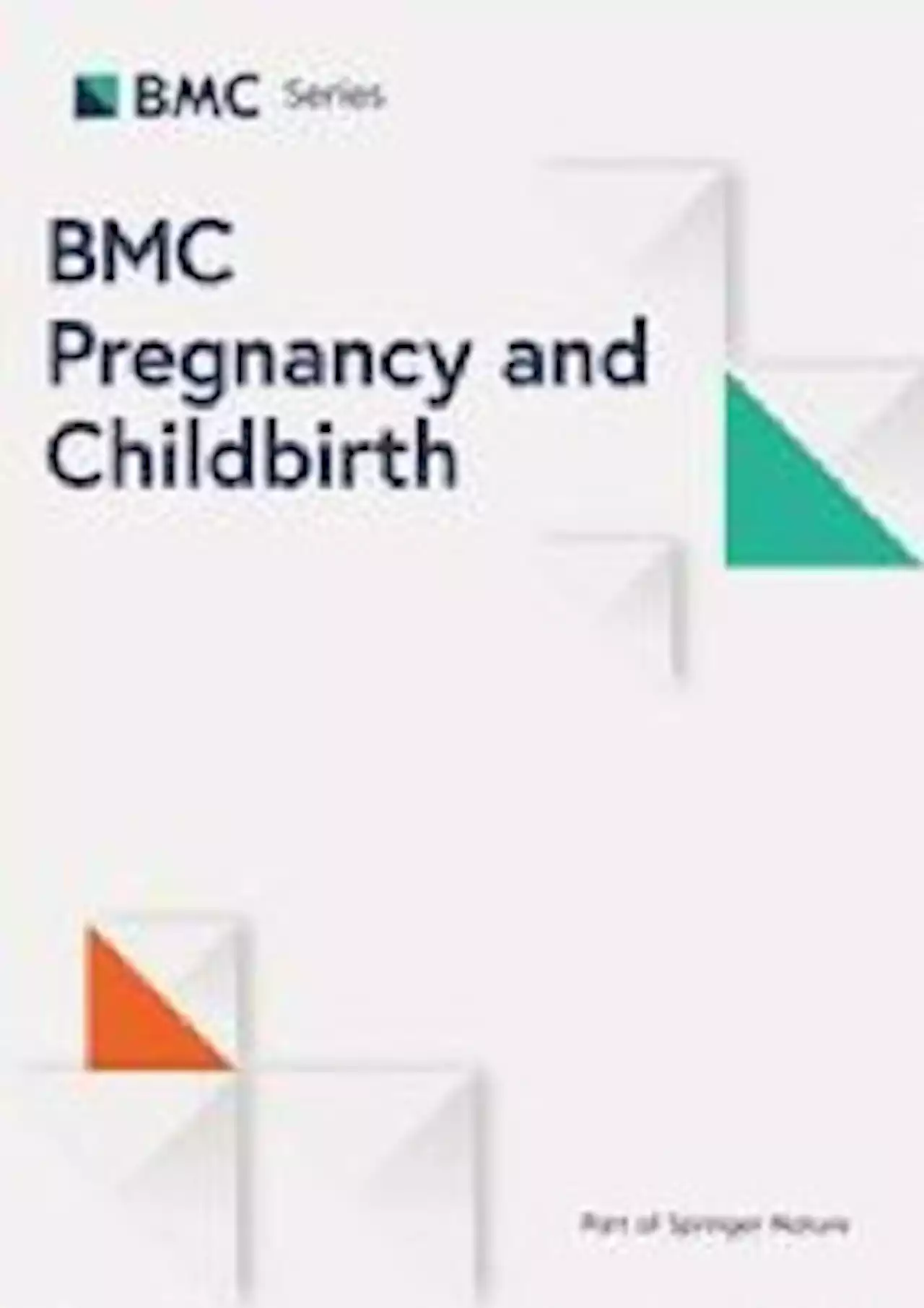The safety and efficacy of FINLAY-FR-2/1A, a new protein-based COVID-19 vaccine FINLAYFR2 Soberana02 FINLAYFR1A SoberanaPlus COVID19 Phase3trial clinicaltrial vaccination immunization publichealth pandemic JAMANetworkOpen
By Dr. Priyom Bose, Ph.D.May 7 2023Reviewed by Benedette Cuffari, M.Sc. The severe acute respiratory syndrome coronavirus 2 , responsible for the coronavirus disease 2019 pandemic, has claimed more than 6.92 million lives and infected over 765 million individuals. Most COVID-19 vaccines target the SARS-CoV-2 spike glycoprotein receptor-binding domain to prevent the binding of SARS-CoV-2 to the host angiotensin-converting enzyme 2 receptor.
Several countries, including Iran, Cuba, Venezuela, Belarus, Mexico, and Nicaragua, have approved FINLAY-FR-2 and FINLAY-FR-1A vaccines for emergency use. These vaccines were developed in the Finlay Vaccine Institute of Cuba, manufactured by the Pasteur Institute of Iran, and branded as Pastocovac and Pastocovac Plus.
About the study A recent JAMA Network Open study discusses the results of the randomized, multicenter, double-blind, placebo-controlled Phase III vaccine trial that assessed the safety profile, immunogenicity, and efficacy of FINLAY-FR-1A in Iran. To this end, Cohort 1 was used to evaluate the two-dose regimen of FINLAY-FR-2 , whereas Cohort 2 was administered a two-dose regimen of FINLAY-FR-2 with a third dose of FINLAY-FR-1A .
Two doses of FINLAY-FR-2 were administered intramuscularly, 28 days apart. In cohort 2, FINLAY-FR-1A was introduced as a third dose on day 56. Enzyme-linked immunosorbent assay was performed to measure anti-S1 IgG levels. For cohort 2, VE was significantly higher after the third vaccine dose. More specifically, this vaccine regimen was associated with a VE of 64.9% for preventing symptomatic infection and 96.6% against severe infection and hospitalization.
United States Latest News, United States Headlines
Similar News:You can also read news stories similar to this one that we have collected from other news sources.
 As Global Health Emergency Ends, Mass. Hospitals Set to Lift Masking RequirementsThe World Health Organization made headlines Friday, announcing that COVID-19 is no longer a global health emergency. The emergency had been in effect for over three years. “COVID is absolutely still a threat,” said Dr. Robert Klugman of UMass Memorial Medical Center. “Every day, every way, unfortunately.” The official public health emergency will be lifted on Thursday in the United…
As Global Health Emergency Ends, Mass. Hospitals Set to Lift Masking RequirementsThe World Health Organization made headlines Friday, announcing that COVID-19 is no longer a global health emergency. The emergency had been in effect for over three years. “COVID is absolutely still a threat,” said Dr. Robert Klugman of UMass Memorial Medical Center. “Every day, every way, unfortunately.” The official public health emergency will be lifted on Thursday in the United…
Read more »
 The effect of COVID-19 on women’s experiences of pregnancy, birth and postpartum in Indonesia: a rapid online survey - BMC Pregnancy and ChildbirthBackground The interrelationship of psychological and social factors in the current COVID-19 pandemic has been highlighted in research mainly focused on the global north. The impact of lockdowns can exacerbate psychological distress and affect access to services. Less is known about the psychosocial impact on women in the context of lower-middle income countries (LMICs); the aim of this study was to capture the impact of COVID-19 on women’s experiences of pregnancy, birth and postpartum in Indonesia. Methods We conducted a rapid cross-sectional online survey of women across all 34 provinces in Indonesia to capture participants’ experiences. Data were collected between 10th July to 9th August 2020 including demographics, effects on general and mental health and impact on service use. Descriptive statistics and thematic analysis were used to analyse responses, including those women who self-identified with a pre-existing mental health problem. Results Responses were obtained from 1137 women, this included pregnant women (n = 842) and postpartum women (n = 295). The majority of women (97%) had accessed antenatal care during their pregnancy, but 84% of women reporting feeling fearful and anxious about attending visits, resulting in some women not attending or changing provider. A small number (13%) were denied the presence of a birth companion, with 28% of women reporting that their babies had been removed at birth due to protocols or baby’s health. Feeling anxious was a common experience among women (62%) during their pregnancy, birth or postnatal period, with a small number (9%) feeling depressed. Lockdown measures led to tensions within personal and family relationships. Conclusions Women in Indonesia reported that the pandemic added an increased burden in pregnancy, birth and post-partum period: physically, psychologically, spiritually and financially. Maternity services were disrupted and health insurance cover lacked responsiveness, which either directly or indire
The effect of COVID-19 on women’s experiences of pregnancy, birth and postpartum in Indonesia: a rapid online survey - BMC Pregnancy and ChildbirthBackground The interrelationship of psychological and social factors in the current COVID-19 pandemic has been highlighted in research mainly focused on the global north. The impact of lockdowns can exacerbate psychological distress and affect access to services. Less is known about the psychosocial impact on women in the context of lower-middle income countries (LMICs); the aim of this study was to capture the impact of COVID-19 on women’s experiences of pregnancy, birth and postpartum in Indonesia. Methods We conducted a rapid cross-sectional online survey of women across all 34 provinces in Indonesia to capture participants’ experiences. Data were collected between 10th July to 9th August 2020 including demographics, effects on general and mental health and impact on service use. Descriptive statistics and thematic analysis were used to analyse responses, including those women who self-identified with a pre-existing mental health problem. Results Responses were obtained from 1137 women, this included pregnant women (n = 842) and postpartum women (n = 295). The majority of women (97%) had accessed antenatal care during their pregnancy, but 84% of women reporting feeling fearful and anxious about attending visits, resulting in some women not attending or changing provider. A small number (13%) were denied the presence of a birth companion, with 28% of women reporting that their babies had been removed at birth due to protocols or baby’s health. Feeling anxious was a common experience among women (62%) during their pregnancy, birth or postnatal period, with a small number (9%) feeling depressed. Lockdown measures led to tensions within personal and family relationships. Conclusions Women in Indonesia reported that the pandemic added an increased burden in pregnancy, birth and post-partum period: physically, psychologically, spiritually and financially. Maternity services were disrupted and health insurance cover lacked responsiveness, which either directly or indire
Read more »
 Studio Glithero’s new vases were created with a hand from a hundred friendsLondon-based Studio Glithero presents new work at Gallery Fumi (until 24 June 2023), a ‘hands-on’ collaboration with the designers’ creative community
Studio Glithero’s new vases were created with a hand from a hundred friendsLondon-based Studio Glithero presents new work at Gallery Fumi (until 24 June 2023), a ‘hands-on’ collaboration with the designers’ creative community
Read more »
